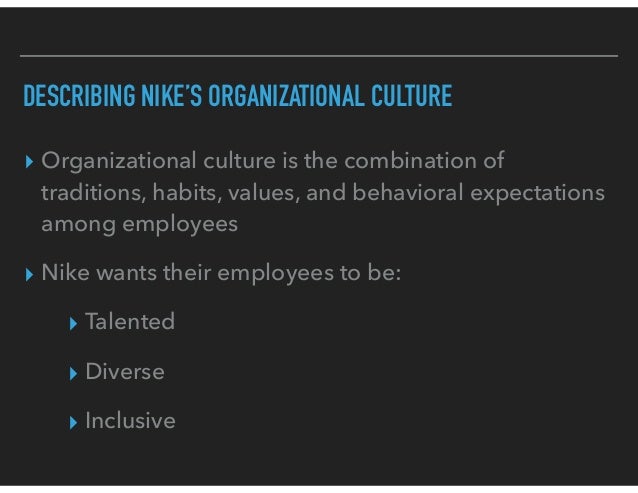Deal And Kennedy Corporate Culture Pdf
Article citationsDeal, T.E. And Kennedy, A.A. (1982) Corporate Cultures: The Rites and Rituals of Corporate Life.Addison Wesley Publishing Company, Reading, 126.has been cited by the following article:.TITLE:AUTHORS:,KEYWORDS:JOURNAL NAME:,March20,2014ABSTRACT:The concept of American banks as the most innovative in the world is difficult to reconcile with the reality that banking in the US is also a highly regulated industry with detailed and focused regulators and whose rules and regulations are constantly changing. While innovation inherently entails a need for freedom to experiment, laws and regulations inherently entail a certain degree of constraint. On the one hand, organizational learning may be defined as the ability of an organization to gain insight and understanding from experience through experimentation, observation, analysis, and a willingness to examine both successes and failures. On the other hand, a common goal of bank regulation is to prevent failures from ever occurring in the first place, and although in recent decades there has been significant deregulation in many industries, a sector that remains heavily regulated is banking.

This paper examines the adequacy and applicability of Peter Senge’s theory of a learning organization’s five disciplines to the banking industry, the role of laws and regulations in promoting or discouraging US banks to become learning organizations, and recommendations for steps that US banks may take towards becoming learning organizations.
Deal And Kennedy Corporate Culture Pdf
Deal and Kennedy's Cultural Framework. In their work on the subject of culture, Deal and Kennedy suggested that the basis of corporate culture was an interlocking set of six cultural elements: History – A shared narrative of the past lays the foundation for corporate culture. The traditions of the past keep people anchored to the core values.
The purpose of this research was to determine the relationship between school culture and school productivity. The study used the descriptive (correlation) method of data collection. The data for the study were collected through two researcher made questionnaires, “School culture and school productivity”. In order to conduct this study among 1450 teachers, four hundred fifty teachers were selected through random sampling.
Deal And Kennedy 1982 Book

The data were analyzed by means of Pearson correlation coefficient test. The results indicated all ten variables haves influence on school productivity except for control trait. Previous article in issue. Next article in issue.